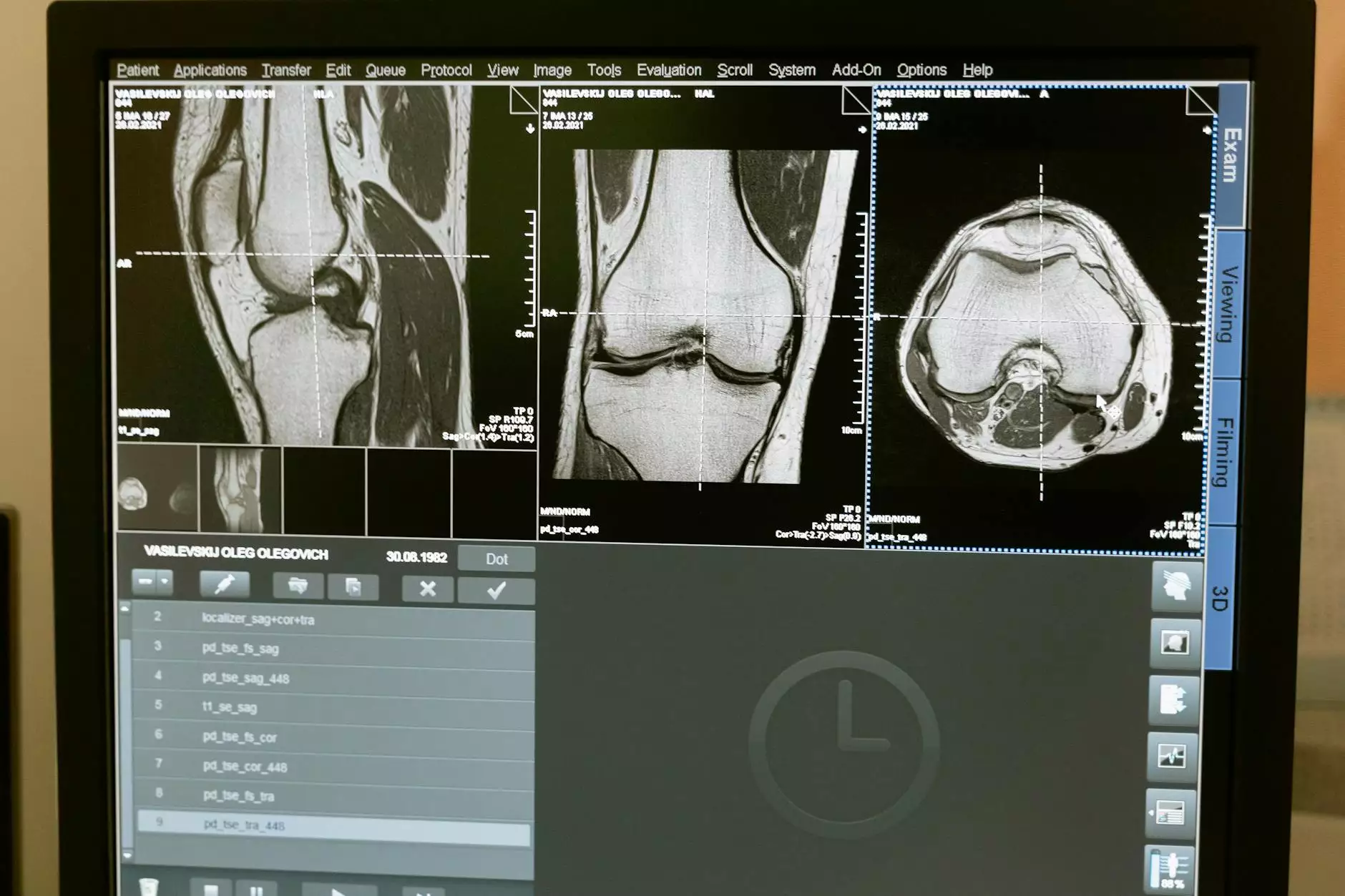Using Blood Thinners (Anticoagulants) - Health Library
Health Library
Welcome to the comprehensive guide on using blood thinners (anticoagulants) for various diseases and conditions, brought to you by Furstenberg Michael Dr, a trusted and experienced provider in the health and dental services industry. In this informative resource, we will explore the benefits, precautions, and considerations associated with blood thinners, empowering you with the knowledge necessary to make informed decisions about your health.
What are Blood Thinners?
Blood thinners, also known as anticoagulants, are medications that help prevent the formation of blood clots in your body. These medications work by interfering with the clotting factors in your blood, making it harder for clots to form and reducing the risk of complications such as strokes, heart attacks, and deep vein thrombosis (DVT).
Benefits of Blood Thinners
Blood thinners offer several benefits for individuals with various diseases and conditions. These medications can:
- Prevent blood clots from forming and reduce the risk of thrombosis.
- Alleviate symptoms and improve quality of life for individuals with conditions like atrial fibrillation or heart valve issues.
- Help prevent strokes in individuals with certain risk factors.
- Support post-surgical recovery by minimizing the risk of blood clots.
Precautions and Considerations
While blood thinners can be highly beneficial, it is crucial to take certain precautions and considerations when using these medications. Some important points to keep in mind include:
- Regular monitoring of your blood thinning levels to ensure therapeutic efficiency and prevent complications.
- Adhering to a consistent dosing schedule as prescribed by your healthcare provider.
- Avoiding certain medications or supplements that may interact with blood thinners and potentially increase the risk of bleeding.
- Informing all healthcare professionals, including dentists and surgeons, about your blood thinning medication.
- Being mindful of potential side effects such as bruising, bleeding, or prolonged bleeding time.
Conditions that May Require Blood Thinners
Blood thinners may be prescribed for various diseases and conditions, including but not limited to:
- Atrial fibrillation
- Heart valve abnormalities
- Deep vein thrombosis (DVT)
- Pulmonary embolism
- Stroke prevention
- Coronary artery disease
- Thrombophilia (abnormal blood clotting tendencies)
Cautions and Side Effects
While blood thinners can significantly reduce the risk of complications, it is essential to be cautious and aware of potential side effects. Some common side effects of blood thinners may include:
- Excessive bleeding or bruising
- Gastrointestinal discomfort or bleeding
- Headaches and dizziness
- Unusual weakness or fatigue
- Allergic reactions
If you experience severe bleeding, unusual symptoms, or have concerns about the side effects of blood thinners, it is vital to seek immediate medical attention.
Conclusion
In conclusion, blood thinners play a crucial role in preventing blood clots and reducing the risk of various complications. Understanding their benefits, precautions, and considerations is essential for individuals with diseases and conditions requiring anticoagulant therapy. At Furstenberg Michael Dr, we are committed to providing comprehensive information and guidance to empower you in your journey to better health. Consult with our experienced professionals for personalized advice tailored to your specific needs.










